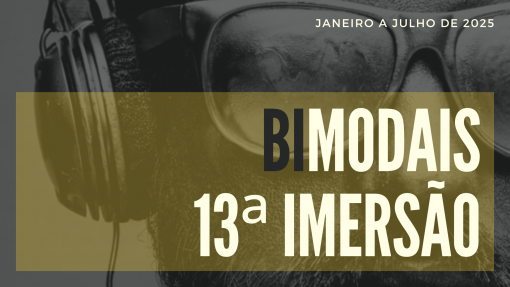A really revolutionary truth is not an illusion; we have to see things as they are – Ferreira Gullar – from my phrase collection in Portuguese.
(In this podcast text translation, reflections on population, new demands, and the need for innovation, as ways of understanding the emergence of the Internet.)

We are seven billion people on the planet who consume, believe me, 21 billion meals a day – from breakfast to dinner.1 They are 21 billion data processed in the logistics of food, without mentioning the volume of information involving health, education, housing, transportation, and leisure.
Questions: Was it possible to make progress in this planetary journey, barricaded within a field lacking interaction between newspapers, radio, and TV? With our computers isolated and their data bases blocked to public visits?
The Internet brought this adjustment, in the same way the printed book oxygenated the closed castles of the Church and monarchy, which hampered the development of civilization. Thus, the web creates an information, communication, and knowledge environment that facilitates the logistical progress needed to sustain seven billion souls who are not ceasing to multiply. The web also enables a resolution of the dichotomy between the potential speed of demand and the slowness of supply. That’s why it has propagated so fast and brought so many changes.
Actually, the show must go on.
That’s it. Thank you.
1 North Americans have up to six meals a day, while Africans have just one. Their combined average? Three meals a day.
Twitter in English. Follow me.
Twitter in Portuguese. Follow me.
Translated by Jones de Freitas. Edited by Phil Stuart Cournoyer.









